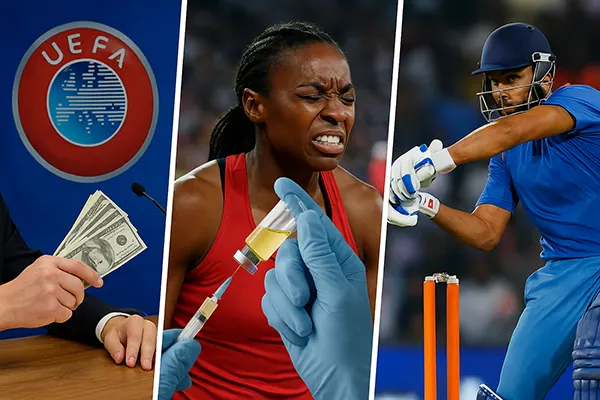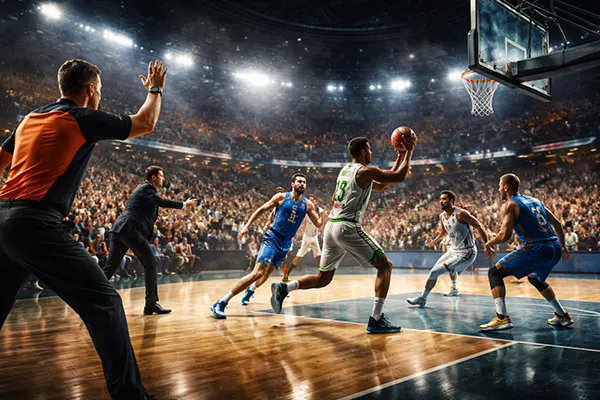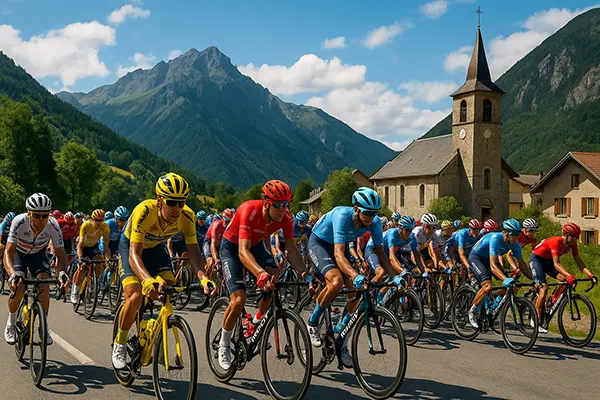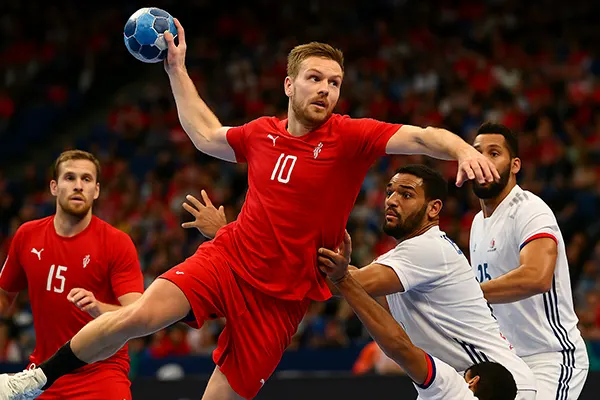Sports Scandals of 2025: Top 5 Investigations That Shook the World

Scandals in sport have always gripped global attention, but 2025 has seen a surge in investigations that have exposed deep-rooted problems across different disciplines. From doping cover-ups to corruption at the highest level, this year has delivered high-profile revelations that continue to echo through media and locker rooms alike.
WADA vs. the Russian Athletics Federation: Renewed Doping Storm
The World Anti-Doping Agency (WADA) once again finds itself at odds with Russian athletics authorities. In early 2025, new leaked documents suggested systemic doping manipulations persisted well into 2024, despite prior sanctions and reforms. This revelation prompted WADA to reinitiate a thorough investigation, including retesting samples from international competitions.
The fresh allegations focus on internal whistleblower accounts and inconsistencies in athlete testing patterns. Athletes previously cleared under the 2020 protocols are now under renewed scrutiny, raising questions about the long-term efficacy of the reform measures imposed after the 2015 scandal.
Global sporting organisations are now pressuring WADA to consider long-term suspensions. Meanwhile, the Russian Federation continues to deny institutional wrongdoing, calling the leaks politically motivated. With the 2025 World Athletics Championships looming, tensions between anti-doping authorities and national federations have reached new heights.
Impact on International Competition Integrity
The fallout from this renewed investigation threatens the participation of hundreds of athletes in upcoming events. Smaller federations are calling for a blanket ban, while others argue for case-by-case assessment. Trust in global athletic competition is once again under threat.
Sponsors and broadcasters have expressed concerns over reputational risks, prompting the International Olympic Committee (IOC) to demand transparency from both WADA and implicated parties. Legal experts predict a cascade of appeals and defamation lawsuits throughout the rest of the year.
This scandal underlines the ongoing challenges in achieving clean sport, particularly in regions where regulatory independence is limited. The credibility of major championships may well hinge on how thoroughly and impartially this case is resolved.
UEFA Corruption Allegations: Executive Misconduct and Bribery
In March 2025, multiple high-ranking officials within UEFA were implicated in a financial corruption scheme involving media rights deals and tournament hosting bids. The revelations stem from a joint investigation led by Swiss and French financial regulators, supported by internal UEFA whistleblowers.
The investigation accuses executives of taking bribes in exchange for lucrative broadcast agreements and turning a blind eye to lobbying practices that breached bidding rules. Confidential memos and bank transfer records published by investigative journalists have intensified calls for resignations and structural reform within the governing body.
So far, four senior officials have been suspended, with criminal proceedings underway in both Geneva and Paris. UEFA’s reputation has taken a significant hit, especially as fans and club stakeholders demand complete transparency in the wake of the scandal.
Repercussions for Host Nations and Clubs
Certain host nations are now under review, and clubs fear backlash affecting international fixtures. The 2028 European Championship is at risk of being reassigned if irregularities in its bidding process are confirmed.
In addition, media partners are reconsidering contracts amid fears that deals may be annulled, affecting millions in advertising revenue. Several national federations have also called for third-party auditing of UEFA finances.
These events highlight how deeply embedded corruption can destabilise even the most influential sports organisations. Fans, clubs, and regulators alike now demand robust, enforceable safeguards to prevent future misconduct.

Match-Fixing in Global Cricket: South Asian Leagues Under Fire
The global cricket scene has been rocked by allegations of widespread match-fixing across several T20 leagues, particularly in South Asia. The International Cricket Council (ICC) launched formal probes after irregular betting patterns were flagged by its anti-corruption unit in February 2025.
According to the preliminary report, at least 15 players and four team owners are under investigation for manipulating match outcomes. These findings are supported by wiretaps and cooperation from regional enforcement bodies, including India’s Central Bureau of Investigation (CBI).
The scandal has cast a shadow over the integrity of popular leagues such as the IPL, BPL, and PSL. Several matches from the 2024 season are now considered suspicious, and replays are being examined for on-field anomalies matching betting spikes.
Fan Disillusionment and League Accountability
The news has triggered outrage among fans, with many demanding refunds for tickets and streaming subscriptions. Cricket boards face immense pressure to cleanse their leagues of illicit influences, but internal resistance and financial interests complicate the task.
ICC has urged all member nations to enforce stricter monitoring of franchise owners and adopt AI-driven betting surveillance systems. Failure to comply could lead to suspension from ICC-sanctioned tournaments.
This case may mark a turning point in how cricket governance bodies police financial integrity. A precedent is being set, and the public expects swift, uncompromised justice.




